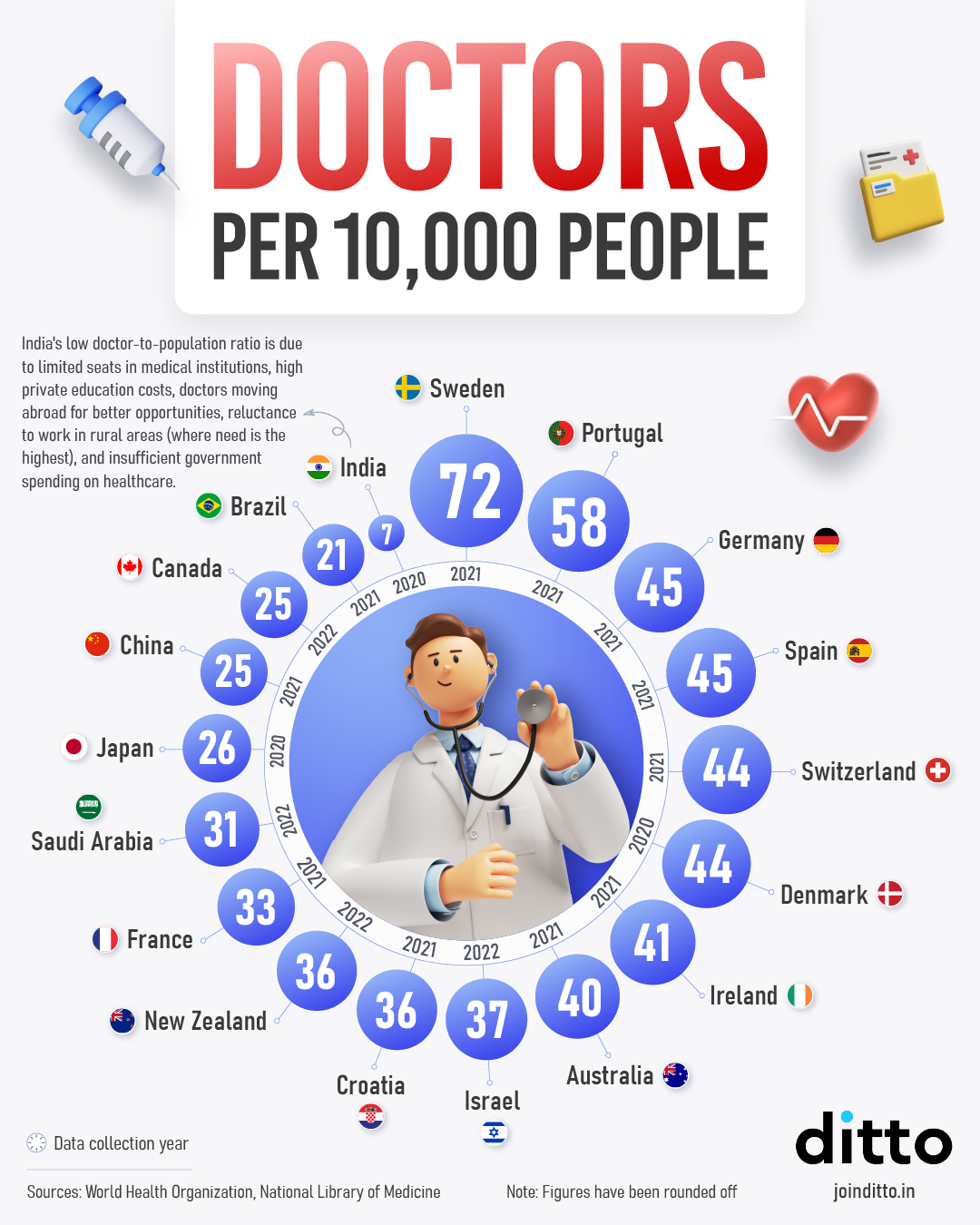Hey folks!
A new competitor to UPI maybe finally here!
We’re talking about palm payment technology, which has left tourists in China amazed.1
Imagine walking into a supermarket at 2 am, without a wallet, cash or even your phone, and still paying in seconds. All the shopper has to do is scan or wave their palm in front of the payment device… and Ka Ching! Payment done.
And while it sounds like a mind-blowing, futuristic technology, it’s actually just an advanced version of what you and I already use. Think of biometric payments, like the Aadhaar Enabled Payment System (AePS) or Mastercard’s OTP-free checkouts that link your biometrics to your payment methods. Instead of an OTP, your fingerprint or face scan does the job, as long as your biometrics are registered and linked to your account.
That’s exactly how palm payments work too. This tech captures unique details like palm prints or vein patterns and links them to your payment methods. So every time you scan your palm, payments are a breeze. And yeah, since it’s contactless, it’s also safer than touch-based methods, like fingerprint scans, especially in our post-pandemic world.
In fact, Amazon even rolled out this tech a few months ago, allowing customers to pay with a wave of their hand at Amazon’s physical stores and some partner supermarkets in the US.2
And with India’s digital payments landscape booming, it might not be long before we’re waving our hands to pay here too.
But who’s going to handle the privacy and security without solid rules in place, eh?
Sure, India recently passed the Digital Personal Data Protection Act (in 2023), which lays down the groundwork for how our data is collected, stored and processed. But we’re still waiting on the detailed Data Protection Rules to ensure that this data stays protected.3 The Information Technology Minister Ashwini Vaishnaw says they’re on the way. And fingers crossed, they’ll arrive before the tech does.
Here’s a soundtrack to put you in the mood 🎵
Raaton by Aditya Rikhari
You can thank our reader Ashutosh Nayak for the rec.
Ready to roll?
What caught our eye this week 👀
Why are burgers spreading outbreaks?
Heard about the E.coli outbreak from McDonald’s, yet?4 If not, well, people across 10 US states, mainly in Colorado, are getting sick after eating McDonald’s Quarter Pounder hamburgers.
The suspected culprit?
Raw onions in the burgers, likely carrying E.coli bacteria.
And it’s not just McDonald’s. Costco, the popular retail chain, recently pulled some smoked salmon from shelves due to a potential listeria contamination, a bacterial illness just as concerning.5
But why are burgers and meats suddenly spreading bacterial infections, you ask?
Well, it likely boils down to how these foods are processed and packed. Packaged foods go through multiple steps — cleaning, processing, assembling and sealing. So if contamination happens at any of these stages, bacteria can remain trapped inside. Refrigeration might slow bacteria down, but it doesn’t stop them from multiplying over time.
And guess what? We’re only at a greater risk of contamination from processed foods because more and more people are turning to these packaged and ready-to-eat options, not just in Western countries but here in India too. Heck! We’re so used to the convenience that many of us even eat cut and packaged fruits and vegetables.
The proof is in the pudding.
According to data from the Ministry of Statistics and Programme Implementation (MoSPI), households classified as urban elite spent nearly half of their monthly food budget on packaged foods, dining out and food deliveries in FY23.6 That’s nearly a 10% increase compared to a decade ago.
And it’s not just urban areas. This trend is picking up in rural India too.7 While spending on staples like cereals, vegetables and pulses has been declining since 2000, for the first time, spending on beverages and processed foods has surpassed that of cereals.
Trends like these only make it difficult to prevent the spread of illnesses, especially since tracking and controlling outbreaks can be tricky with these foods. Packaged items, particularly those containing fruits, vegetables or meat, can often be traced back to their packagers. However, it’s much harder to figure out where the raw veggies or meat originated, as these unbranded ingredients come from multiple suppliers to the packagers or distributors.
So yeah, perhaps the best way to avoid disease spread is to steer clear of overly processed foods and stick to home-cooked meals, while, of course, washing everything we eat thoroughly!
Infographic 📊

This Day in Financial History 📜
27th of October, 1986 ― The deregulation of London’s financial markets
If you enjoy Hollywood films, particularly those edgy stock market movies that excite you, chances are you’ve likely watched or at least heard of some mind-blowing titles like Wall Street (1987) or The Wolf of Wall Street (2013).
Although they have pretty different storylines, both movies immerse you in the heart of the trading world before the digital trading era, where brokers shout orders and wave their arms to strike deals. Some even fought for orders. This lively yet chaotic style of Open Outcry Trading was the norm at the London Stock Exchange (LSE) until October 27, 1986.
On this day, often called the ‘Big Bang’, the UK government deregulated its financial markets, transforming the LSE into one of the world’s leading financial centres.8
This shift replaced the old paper-based floor trading, where traders shouted bids and offers, with a new electronic trading system. Now, traders could engage in 24-hour trading across the world.
With these new rules, brokers were no longer tied to fixed fees for securities trading. They could set their own fees, allowing for more competition and potentially better prices for investors.
The reform also opened the door for foreign firms to invest in the LSE. Additionally, firms could now act both as brokers, helping clients buy or sell stocks, and as dealers, executing their own trades.
Not only this. As a result of deregulation, off-exchange trading flourished, meaning buying and selling financial securities outside traditional stock exchanges became common.
Before 1986, the LSE lagged behind other exchanges. The New York Stock Exchange (NYSE) was the largest market worldwide, while the LSE handled only about 8% of the NYSE’s trading volume.9
But, after the Big Bang, around $200-300 million worth of foreign stocks were traded daily in off-exchange trading. That’s about double of what was seen in 1981. Half of this involved US stocks, showing that UK investors were eager to invest in big American companies. This off-exchange trading became so significant that it accounted for about 50% of the total trading volume on the LSE.
And that’s how London emerged as a leader in interbank lending, bonds, commodities and currency markets.
Fun fact: Over a decade later, on November 25, 1996, the Bombay Stock Exchange (BSE) launched its electronic trading system called BOLT (BSE Online Trading System). And there’s been no looking back ever since. Now, we can also trade shares of listed companies right from our mobile screens.
Readers Recommend 🗒️
This week, our friend Siva Ramakrishna recommends reading How Not to Die by Dr. Michael Greger.
He describes this book as having a health-savvy friend share all the secrets to staying vibrant and healthy. It’s not your typical boring health guide, he says. It’s full of practical tips backed by science. From what to eat to which habits to ditch, Greger makes everything easy to understand, even for the busiest among us. Apparently, it’s like a cheat sheet to a longer, healthier life!
Thanks for the rec again, Siva.
Finshots Weekly Quiz 🧩
It’s time to announce the winner of our previous weekly quiz. And the winner is…🥁
Gayatri D. Congratulations! Keep an eye on your inbox and we’ll get in touch with you soon to send over your Finshots merch. And for the rest of you, we’ve moved the quiz to our weekly wrapup. So make sure you answer all the questions correctly by 12 noon on November 2, 2024 (Saturday) and tune in here next week to check if you got lucky.
Anyway, that’s it from us this week. We’ll see you next Sunday!
Until then, don’t forget to tell us what you thought of today’s newsletter. And send us your book, music, business movies, documentaries or podcast recommendations. We’ll feature them in the newsletter! Just hit reply to this email (or if you’re reading this on the web, drop us a message: [email protected]).
🖖🏽
Don’t forget to share this edition on WhatsApp, LinkedIn and X.
Sources: The Economic Times [1], The Verge [2], The Hindu [3], CNN [4], Fast Company [5], Business Standard [6] [7], Elgar Online [8], Investopedia [9]
📢India’s mutual funds are sitting on nearly ₹2 lakh crores in cash! But why? Find out in this episode of FinshotsTV!














